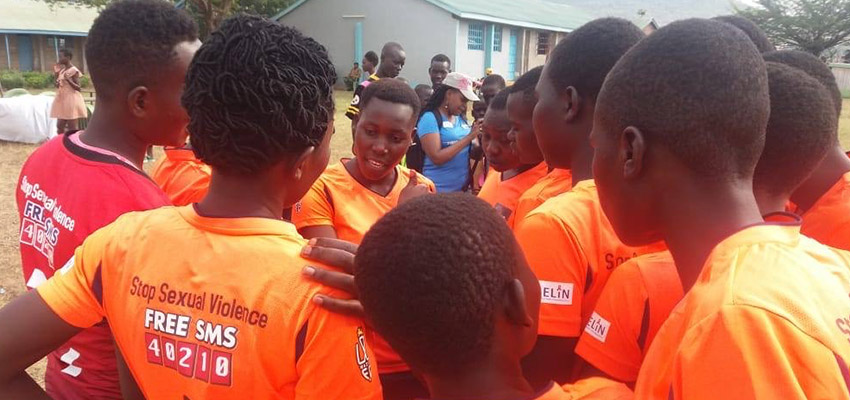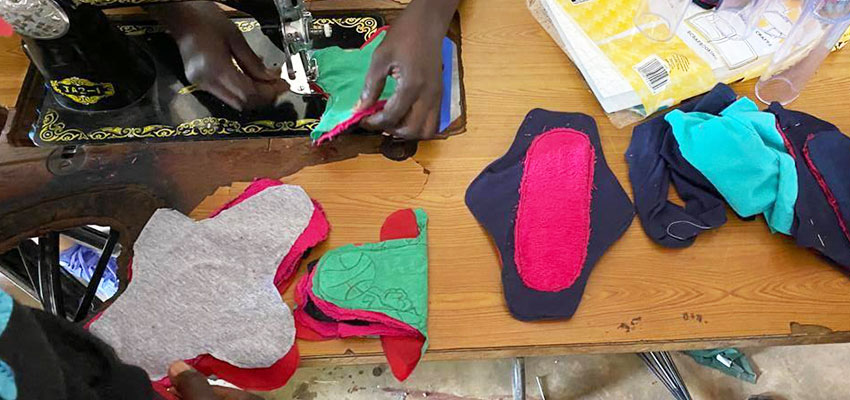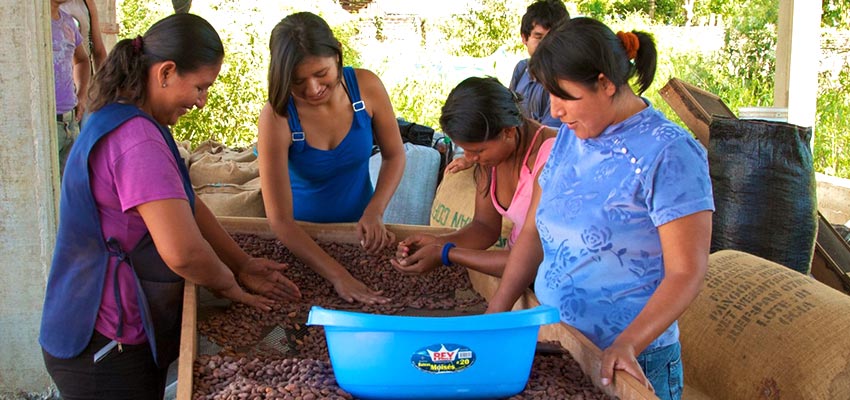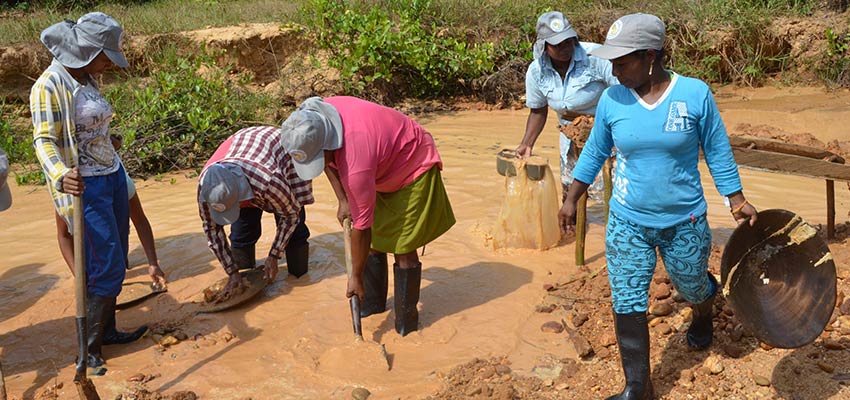
The course launches with an exploration of gender and identity and then goes on to examine the root causes of inequality within cultural, political, and economic contexts.
Covid-19 has generated increased reports of gender-based violence (GBV) all over the world and especially in low-income communities where resources were already limited. The fall class D-Lab: Gender and Development will explore this phenomenon both domestically and internationally and will then provide students opportunities to participate in the development of one of three international development projects that examine challenges to GBV and work with local communities to design and iterate solutions that mitigate GBV in all of its forms (physical, sexual, psychological, and economic violence).
The course launches with an exploration of gender and identity and then goes on to examine the root causes of inequality within cultural, political, and economic contexts. Designed to give students a framework to understand gender dynamics, the class teaches students how to effectively integrate gender-sensitive strategies and tools into international development work. D-Lab: Gender and Development traditionally provides students opportunities to develop field projects, which are usually continued in-country during MIT’s January Independent Activities Period (IAP). Given the restrictions in place due to Covid-19, the fieldwork component of the class will be moved online with a potential opportunity for travel in summer 202. In addition, packages will be mailed to students with materials to design, experiment, and iterate feasible solutions for the communities they have chosen to work with over the fall term.
Fall 2020 Class Projects
Design products for sexual and& reproductive health with girl soccer players in Oyugis, Kenya
The Society Empowerment Project (SEP) in Oyugis, Kenya, uses sport – in particular soccer – to mobilize, engage, and educate youth on life skills, health issues, agriculture, and a wide variety of other topics. Because girls do not have access to feminine hygiene products, they often drop out of school at puberty; this exposes them to health and safety risks and prevents them from reaching their potential. SEP is currently developing a program to educate low-income girls on menstrual and reproductive health. Students from the D-Lab: Gender and Development class will build on work accomplished last year with the SEP to further develop the program and will also facilitate SEP beneficiaries in the design and production of reusable sanitary pads.

Develop a tool for analyzing gender equality in agricultural communities in Latin America and Sub-Saharan Africa
A team of D-Lab: Gender and Development students will have the opportunity to work with Root Capital, an NGO founded in 1999 to provide loans and financial management training to agricultural enterprises in low-income countries, to further develop a strategic tool for analyzing gender equity within agricultural communities in Latin America and Sub-Saharan Africa. This tool will be an improved version of Root Capital’s “Gender-Inclusive Checklist.” In addition, students will advise Root Capital on a new monitoring strategy for the implementation of the checklist across the organization globally. During the process of building out the tool, students will have the opportunity to apply the tool, mapping barriers experienced by women agricultural workers, developing measurement instruments, writing questionnaires, and writing a protocol for field testing the new, improved tool. Students will also be able to participate in remote fieldwork in January 2021, pressure testing the tools developed during class under Root Capital’s guidance.

Develop curriculum to support women miners in their efforts to launch associations to develop and implement roadmaps for achieving equality in Antioquia, Colombia
Women working as artisanal and small-scale miners commonly experience GBV. Machismo is widespread in this traditionally male-dominated sector, and different forms of violence against women have become normalized. Women miners in Antioquia, Colombia also face economic violence as they carry out activities considered non-central to mining, including gold panning and scavenging tailings discarded by male miners to extract left-over gold. These activities require little to no qualification, receive limited economic or social recognition, and often include exploitation by middlemen. Given informality and limited income prospects, women artisanal and small-scale miners commonly engage in other activities to increase income, i.e. informal food businesses or seasonal agriculture work, and transactional sex is rampant.
A team of D-Lab: Gender and Development students will support D-Lab staff in their efforts to develop curriculum for three, three-day workshops with women miners in Antioquia Colombia to launch and develop women’s mining associations that can produce and implement roadmaps to mitigate GBV in all of its forms and develop policies and standards that can effectively offer women equal opportunity within the mining sector. D-lab’s hope is that this curriculum will be able to be provided to academics and NGOs working in artisanal and small-scale gold mining communities all over the world, inspiring a network of women’s mining associations that provide women miners safe and equal opportunity in a sector dominated by traditional gender roles.

For more information
Contact
Sally Haslanger, Co-Instructor D-Lab: Gender and Development; Ford Professor of Philosophy and Women’s and Gender Studies
Libby McDonald, Co-Instructor D-Lab: Gender and Development; MIT D-Lab Lecturer and Lead, MIT D-Lab Inclusive Regional Economies program

